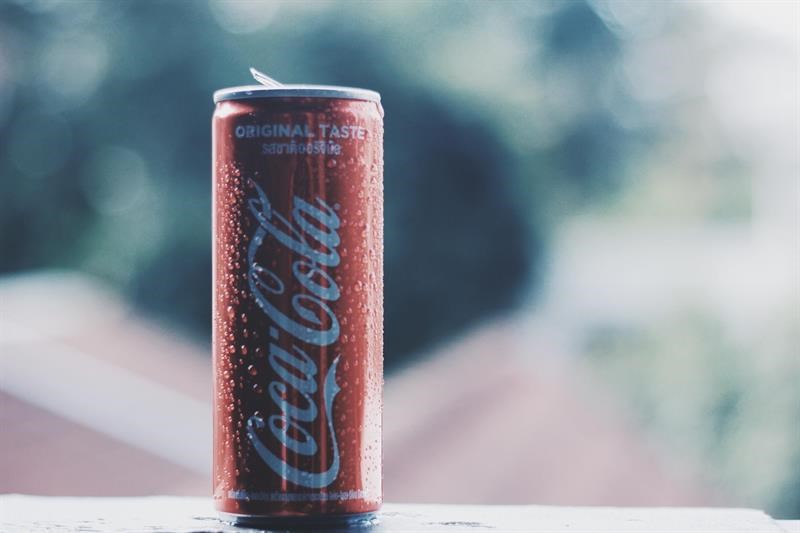Sugar tax slashes sugary and sports drink intake by 40%
Published: 13/04/2018
Almost immediately after the soda tax went into place in Philadelphia, residents were 40% less likely to drink soda every day.
A new Drexel University study compared to residents of nearby cities like Trenton, Camden and Wilminton and discovered that Philadelphia residents were 40% less likely to drink sugary soda and 60% less likely to drink an energy drink each day.
At the same time, Philadelphians became 58% more likely to drink bottled water every day.
The authors suggest that if distributors fully pass the tax on to customers, it could increase the price of soda and energy drinks by about 20%.
They say: 'It is expected that a price increase of that magnitude will influence some consumers to stop purchasing non-essential items like sugary soda and possibly switch to a lower-priced beverage, like bottled water – and our results are in line with that.'
Previous studies have focused on the impact the tax has had on the stores that sell beverages since the levy's full implementation in 2017. But this is the first study to see whether the diets of residents changed.
Measuring consumption instead of sales means that this study can more directly assess health impacts from the tax.
Looking at daily consumption of sugary drinks is important because public health professionals frequently use that as an indicator of unhealthy levels of intake.
Since the study focused on the first two months of the tax, the authors said it is too early to tell whether the tax will have lasting impacts on reducing soda and energy drink consumption. Still, there is some evidence from elsewhere that indicates it might.
They say: 'Drops in soda consumption were maintained after two years following the implementation of a sugary beverage tax in Mexico. So, it's possible that the Philadelphia tax will have longer-term impacts on beverage choice, but it is still too early to tell here.'
Author: Julie Bissett









.jpg?width=150&height=100&scale=canvas)



